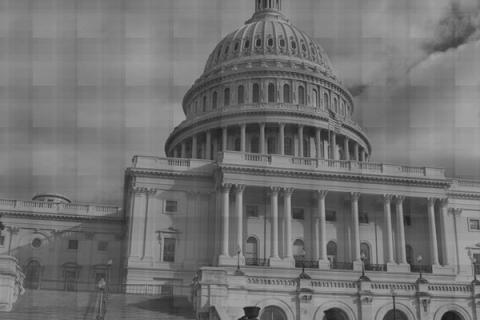A hand-lettered sign at the corner of Speckled and Bear Avenues in Kings Beach, CA -- two narrow lanes by most city's standards -- cries out for attention to those passing eastbound toward CA-267: NO BIO-MESS.
It's hard to take the protest seriously. The sign is rough-hewn, as is the neighborhood. In fact, much of the Kings Beach "grid" -- the central, in-town part of the small town hard up against the northern edge of Lake Tahoe -- is haphazard at best. Here a dilapidated trailer park, there a new duplex, and across the way a former motel that's been turned into apartments.
Kings Beach has been identified by the Placer County Community Development Resource Agency and the Tahoe Regional Planning Agency as the likely site for a new Biomass energy plant. It would be located only about 100 yards from a residential neighborhood, only two blocks from a busy elementary school that is the recreational focal point for much of the community, and only five blocks from Lake Tahoe itself.
Biomass plants convert naturally occurring, readily available waste materials such as wood chips into energy that can be easily and cheaply pumped into the power grid, so the idea of putting a new one up in the Lake Tahoe region, where wood chips are plentiful, makes good sense. But building one right next to homes, schools and one of the world's most delicately balanced natural sites boggles the mind, until you realize that a Nevada Power substation already exists at this location, and that the biomass plant could conveniently and cheaply feed the grid from this very spot. Then, of course, there's the fact that funky little Kings Beach can't wield influence like some of its more affluent neighbors such as Truckee, Tahoe City or Incline Village, and thereby is less likely to stop this project in its tracks.
It's not just the possibility of air and noise pollution that makes the biomass plant an undesirable neighbor, it is also the truck traffic required to bring the tons of fuel to the plant daily. Those trucks would have to come down Route 28 from Tahoe City or Route 267 from Truckee -- both mainly two-lane highways without the capacity for massive increases in big-rig traffic. And the Kings Beach city "streets" are narrow in the best of weather. During snow season, it's hard to imagine getting a single big truck down Fox or Salmon or Coon without changing the way people live day-to-day.
Besides the convenience of an existing Nevada Power substation, Kings Beach offers another big advantage to the developers of a future biomass plant -- excellent air quality. The city has plenty of leeway to add pollution to its sparkling clean air versus other potential sites that have already spoiled their air. So it's logical to spread around the bad air to Kings Beach, which can afford more deterioration before it violates clean air standards.
The biomass plant is far from a done deal -- in fact, the environmental impact statement is still in the preparation stages, and there are numerous planned meetings of concerned citizens in Kings Beach and surrounding communities. (A copy of the Notice of Preparation can be downloaded here).The question is whether a working-class community like Kings Beach, in the midst of Lake Tahoe's abundance, will be able to mount an effective protest with credible alternatives to the current plan -- and whether anyone will listen.

